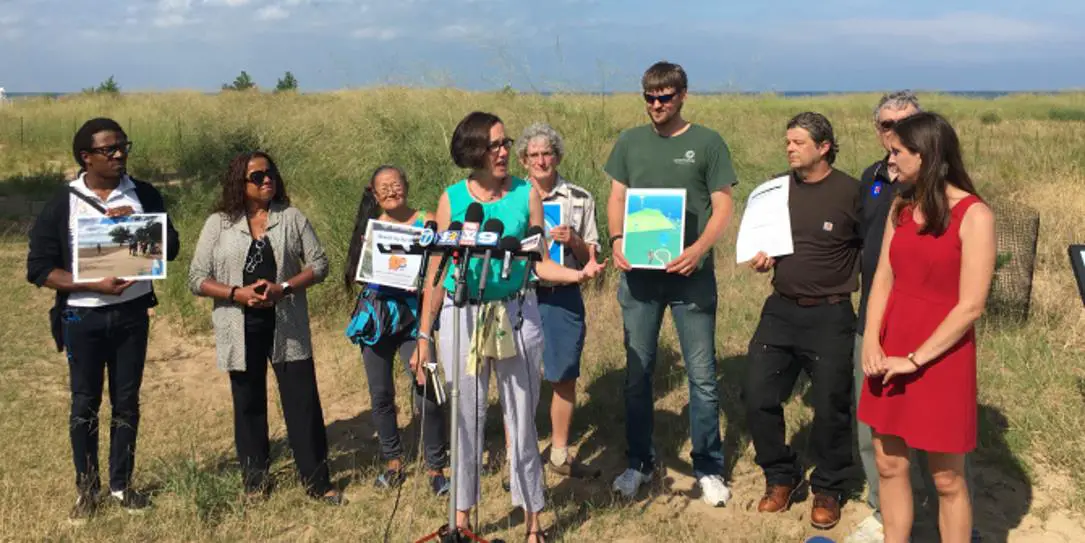Pokémon GO has been in the news a lot lately. We’ve had our share of positive as well as negative news and thoughts about the augmented reality game from Niantic Labs. We’ve seen a huge initial burst as the game became available, a sharp decline as needed features haven’t been added quickly enough, and even lawsuits after residents became upset about strangers showing up on their lawn. The next step in the evolution of Pokémon GO seems to be legislation. Will it be super-effective?
Illinois State Representative Kelly Cassidy on Wednesday introduced “Pidgey’s Law,” named after one of the most common (and potentially least-wanted) Pokémon you’ll find in Pokémon GO. The legislation was unveiled at a news conference held at the Loyola Dunes Restoration Site. The location wasn’t just for show, it spoke to the reasons why Representative Cassidy felt a law was necessary in this situation.
As was the case in the previous lawsuit, the Loyola Dunes are home to several PokéStops. One particular stop is located in the center of the dunes, which is both state and federally protected. The stop was created based on an art installation that was previously located in the dunes but has since been removed. As we’ve seen happen in other cases before now, players would wander off of the approved paths to get to the PokéStop. The park has seen increased traffic as a result of the game — which is good — however they’ve also seen increased littering, vandalism, and even instances where wildlife is getting trampled by overzealous trainers.
Cassidy pointed out that while a tool is available to have PokéStops removed from the game, developer Niantic Labs has been slow in some instances to do so. She mentioned that while several very high-profile sites have had their stops removed very quickly, there have been numerous requests to have the Loyola Dunes PokéStop removed with no response from the developer.
Hoping to light the proverbial fire under Niantic, “Pidgey’s Law” would give Niantic (or any other developer in a similar situation) up to two days to remove any location-specific site from a game if the site owner, manager, or caretaker requests its removal. Failure to comply with the request in the approved time frame would result in a fine of up to $100 per day until the location is removed. As has come to be expected, Niantic did not immediately respond to requests for comment from the Chicago Sun Times on Wednesday.
Curious, however, that after several hundred requests for removal, all it took was an introduction of possible legislature and fines for Niantic to remove the offending PokéStop. As you can see in the tweet below, there are still opportunities for players to hit stops at the dunes, there will just be less chance for people to wander off of the approved paths.
It took 200+ requests, a plea from @ChicagoParks & the intro of state legislation but Pokéstop @LoyolaDunes removed! pic.twitter.com/AO6N2Ot4v6
— IEC (@ilenviro) August 26, 2016
What do you think about “Pidgey’s Law?” Is this a necessary step to keep Niantic or other game companies from keeping unwanted locations in their augmented reality games? Will other states follow suit if this proves successful in Illinois? Tell us what you think in the comment section below, or on Google+, Facebook, or Twitter.
[button link=”http://chicago.suntimes.com/politics/pokemon-go-inspires-proposed-legislation/” icon=”fa-external-link” side=”left” target=”blank” color=”285b5e” textcolor=”ffffff”]Source: Chicago Sun Times[/button]









